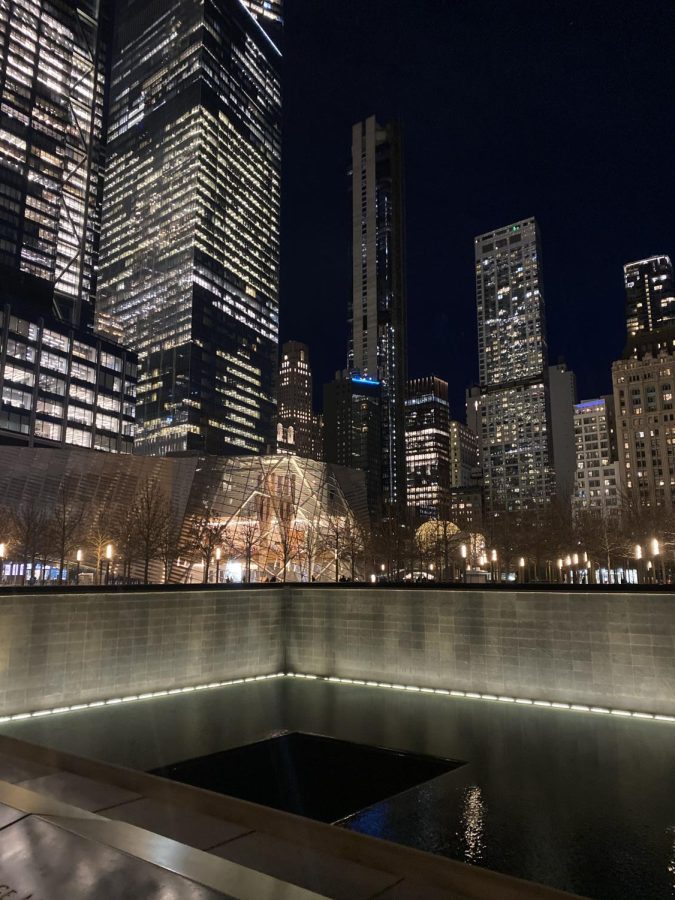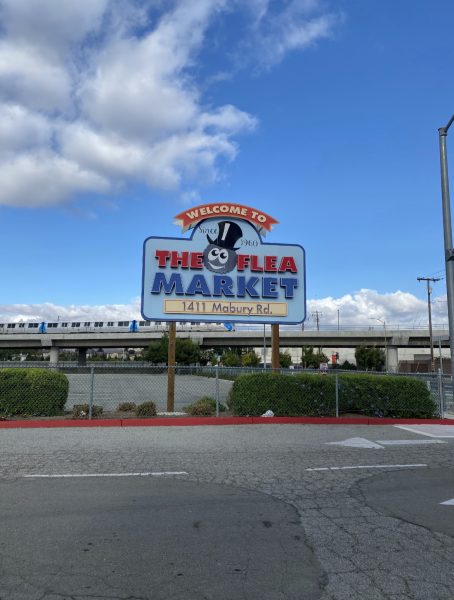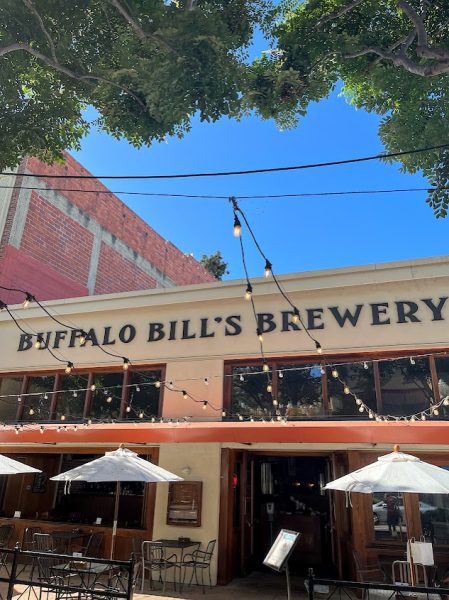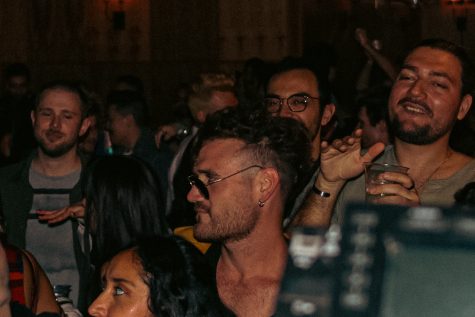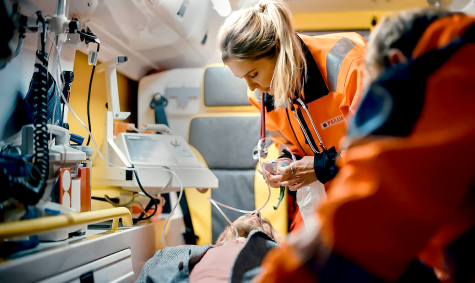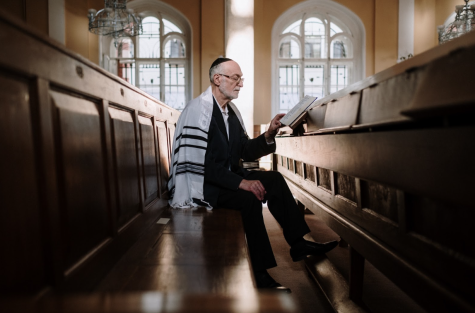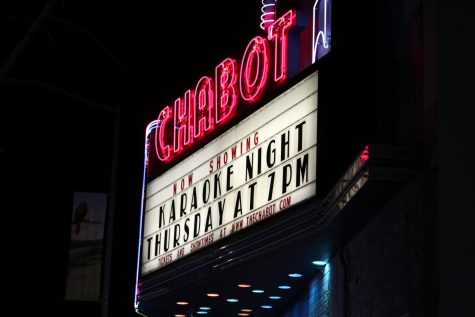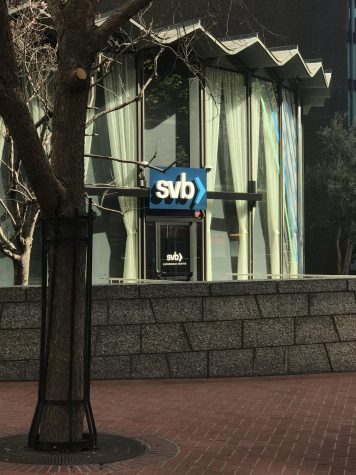Terrorism is a Sleeping Giant: 9/11– Then and Now
March 22, 2023
New York City, N.Y. — The Pioneer staff traveled to the 2023 College Media Association Conference at the New York Marriott Marquis between Mar. 8 and Mar. 11.
Prior to the start of the conference, the staff attended the “9/11 — Then and Now” workshop, held by King’s College professors Paul Glader and Clemente Lisi at the National September 11 Memorial and Museum.
Both speakers went on the record and recalled their first-hand accounts of the fateful day, noting the chaos and mass panic that ensued following the terrorist attack. While widespread Internet access has enabled near-instantaneous news coverage in the modern day, television and radio stations were unable to keep up with the influx of new information 22 years ago. Compounded with disrupted payphone service, many New York residents — along with the rest of the nation — wouldn’t discover the true scope of the tragedy until much later.
Once the news broke, the pervasive sight of fires, the ash-induced blackout, and the inescapable clouds of smoke that blanketed the city made the destruction painfully apparent to the country, ushering in a sense of shared sorrow.
The events of 9/11 tremendously changed the political landscape, uniting Americans behind President George W. Bush, who enjoyed a 90% approval rating — the highest of any president in history. In response to the attack, the Bush administration declared a “global war on terror”, granting the CIA complete authority to surveil, probe, and bring those responsible to justice. Paranoia had set into the public consciousness and dominated foreign policy discussions, whereas an attack on U.S. soil was previously unthinkable to the average American. Many recall seeing smoke and ash coming out from the Towers, and their first impression being “I thought it was a mistake”.
Amidst heated political discussions and public vigils, journalists discovered that the stories they were reporting on dating back eight years would unknowingly piece and predict the three-year plot that would become 9/11: stories, such as Al-Qaeda forming, the resurgence of the Taliban, and official government intelligence reports on terrorist attacks. In today’s world, what should be real questions and information being pieced together would be a pointing game and conspiracies being debated online, circulated in real time. We’ve harbored prejudice and constructed stereotypes against certain beliefs, religions, and political parties which either sets us back or keeps us in the same place, running in circles– afraid and unable to ask questions and search for answers. The inability to communicate or see past a persons view leads to mistrust and doing more harm than good. Media today is extremely hyper-partisan, when there used to be a more monolithic element.
Following the lecture, the Pioneer staff walked to the site of the 9/11 attack. A solemn visit, the memorial featured two reflective pools that were as deep as the height of the Twin Towers. The waterfall is meant to silence the sounds of the city, as the memorial serves as a cemetery to those who weren’t able to say a proper goodbye. Lining the pool is a plaque with the names of all those who have passed, commemorating their lives.
While “never forget” is a grim reminder to those who lived through the event, the legacy of 9/11 is at risk of getting duller as time passes. How can college freshmen remember something they were never alive for? How can journalists keep the memory sharp and educate Gen Y, Z, and Alpha about 9/11?
The question will persist as the journalists of today and the tomorrow brave through. Coming out of the lecture, I felt enlightened about something that I rarely took the time of day to think about. I learned and mulled over the death toll, the daily mass funerals, the ash and smoke following the collapse of the Towers that caused cancer in many; a sickness many still deal with today. Glader shared that he “still had to go to work” in the midst of chaos, and that is something that will stick with me. Getting a first-hand experience from witnesses has left me more culturally aware, and I can only hope that the memory, victims, and survivors of 9/11 continue to live through the words of journalists.




